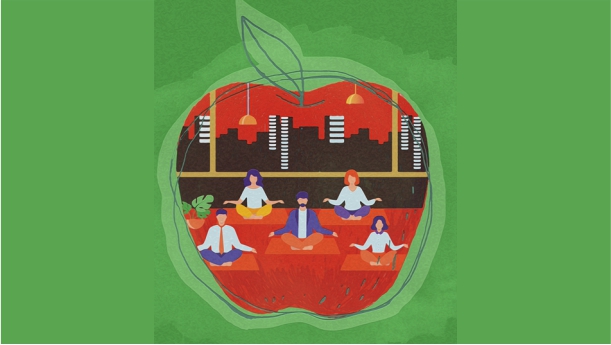
When it comes to employee happiness, 67 per cent of full-time employees with access to free food at work are ‘extremely’ or ‘very’ happy at their current job, according to a SnackNation study. Why should employers worry about feeding their employees? And then, why do companies like Google and Facebook use it as a way to attract and retain top talent.
Log In or become an AIMA member to read more articles
